The ideology of human Buddhism is the right way tothe Sinicization of Buddhism
CNS: Recently, the reform of human Buddhism has effectively changed the Buddhist community. It calls for self-salvation and renewal to adapt to contemporary society. Please describe the background and significance of the ideology and reform of human Buddhism. How do you see the relationship between Sinicization of Buddhism and the vitality of Buddhism in China today?
Sheng Kai: Buddhism encountered crises in different periods. In the Northern and Southern Dynasties, for example, Buddhism met the legitimacy problem of Dharma, and there was a debate about the relationship between Chinese and foreign cultures. In the mid-late Ming dynasty, talent lacunae and monastery malfunction happened. Masters like HanshanDeqing, YunqiZhuhong, ZibaiZhenke, and YuyiZhixu strongly advocated religious reform to rejuvenate Buddhism in the late Ming Dynasty.
After the Opium War of 1840, the Chinese Buddhism community faced national peril and the decline of the religion. Human Buddhism was established and promoted as a way of modernizing Buddhism by consolidating doctrines, reforming teaching sources, and popularizing catechism. The announcement of human Buddhism has not only pushed forward the transformation of Buddhism from the old to the modern but also set an excellent example of retaining the past glory and inspiring future honor for the development of contemporary Buddhism.
Human Buddhism was first advocated by Master Tai Xu as a correction to the unearthly ills of traditional Chinese Buddhism, which was guided by the principles of Buddhism doctrines and opportunities and focused on exposing and criticizing the accumulated ills of Buddhism and the decay of teachings during the Ming and Qing Dynasties.
The theoretical construction and the practical development of human Buddhism are not only consistent with but also reinforce each other. After Master Tai Xu’s passing, many masters, such as Grha-pati Zhao Puchu and Master Jing Hui in Mainland China, Masters Yin Shun and Sheng Yen in Taiwan, and Masters Yan Pei and Lung Kan in Singapore, all adhere to the path of pluralistic and parallel development towards human Buddhism.
Human Buddhism is a way of modernizing and synchronizing Buddhism, not a new Buddhism departing from tradition. It inherits traditional conventions, adapts current Buddhist thoughts, and underlines that religion shall conform to the national status quo and the current background of modern civilization. Sinicization of Buddhism has different historical connotations in different periods, such as the establishment of schools in the Sui and Tang dynasties, the religious reform in the late Ming Dynasty, and contemporary human Buddhism. Human Buddhism is a sensible choice for Buddhism to integrate its traditional inheritance with modern Chinese Buddhism. Summing up the historical experience of Buddhism Sinicization and the landmark of 100 years of human Buddhism, we realize that the Sinicization of Buddhism is continuing forever in a conscious and sustainable manner. It is the key to keeping Buddhism vital in China.
Dual expectations and directions of self-renewal for contemporary Chinese Buddhism
CNS: What challenges do you think Chinese Buddhism may encounter in today’s China? How does Buddhism continue to develop or rejuvenatealong the direction of Sinicization?
Sheng Kai: As part of Chinese traditional culture, Buddhism still exerts far-reaching influence in China and around the world, attracting the preference of Chinese today with its traditional charm. However, as an active religious society in contemporary China, its premodern institutional systems, customs and beliefs may contradict modern civilization. And some thoughts and doctrines are not in line with today's political and social situations.
In the 21st century, Buddhism in mainland China faces a dilemma of dual expectations. The purity and tranquility of great monasteries in famous mountains are the spiritual home for people nowadays to heal their bodies and souls. But a big, invisible economic hand has reached out to the spiritual need and fostered the denounced commercialization of Buddhism. Following the development of the tourism economy, monasteries make for pure spiritual space but fail to meet the public's expectation of purity. At the same time, the Party and state authorities hope that Buddhist society will maintain traditional farming and praying daily and gear into the modern economy and social life norm. Adapting to the corporate system of assets and finance management is an example.
The Buddhism community needs to solve its talent cultivation and survival issues. The discipline of religious life and the inheritance of doctrines are keys to enhancing the total quality and morale of Buddhist groups and to encouraging monks’ return to the fine Buddhist traditions, such as preaching, annotating scriptures, teaching the Dharma, educating people, meditating, chanting sutra and other inner practices with peace in mind. It is also necessary for the state and society to support the Buddhist community in working out its religious ways for monastic living and economic development.
The Buddhist community should respond to the needs of society. The monastic groups shall be able to regenerate and benefit the public. Monasteries shall organize activities to promote the Dharma and the public interest and to help people in need with particular support for its charity businesses instead of conducting activities directed to the monasteries' interests.
Buddhist society should respond to the concerns and needs of the Party and the state, adapting to the new situation and its requirementsfor a comprehensive modern socialist country.It should cultivate Buddhists of high quality, promote the contemporary interpretation of Buddhist classics, tamp down the ideological foundation for the Sinicization of Buddhism, develop and improve the internal standard of operation for modern Buddhism and strengthen the relevant policies of Buddhism's Sinicization.
Historically, Buddhism has made important contributions to the formation and consolidation of a pluralistic society in China. Today, Buddhism still plays a significant role in unifying Chinese people and fostering a strong sense of community for the Chinese nation. In the meantime, it also has unique advantages in operating public charity businesses, facilitating the cross-strait relationship with peaceful development, and enhancing Sino-foreign friendship.
(Translated by WANG Yunhong)









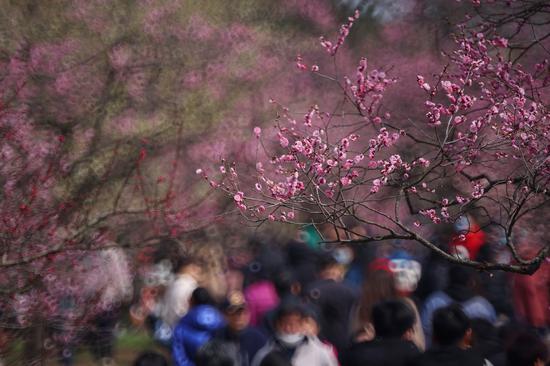
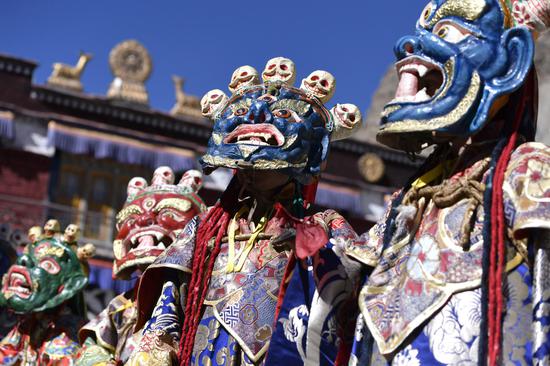

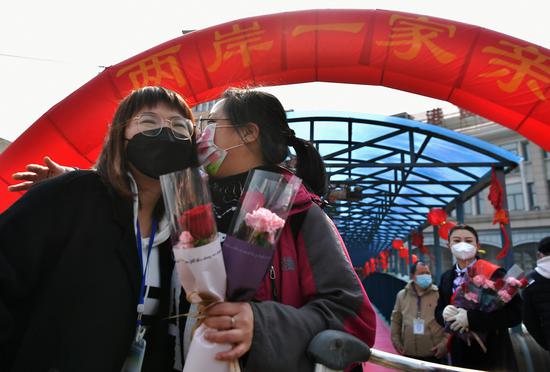
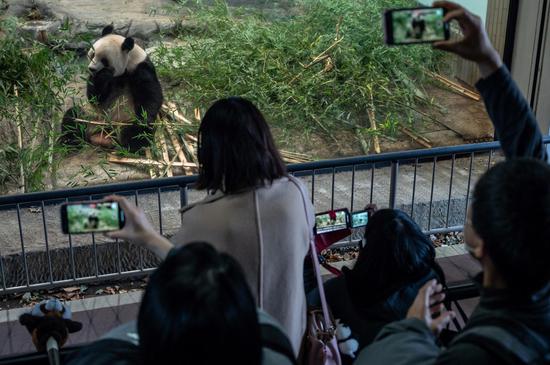











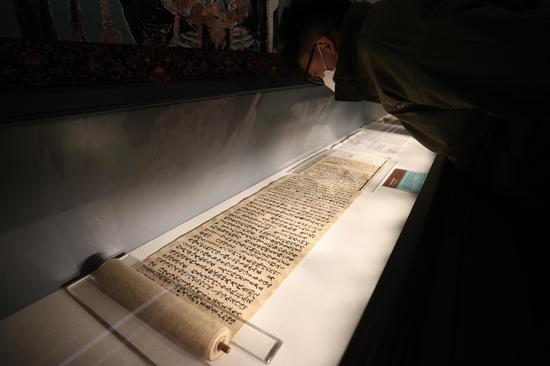
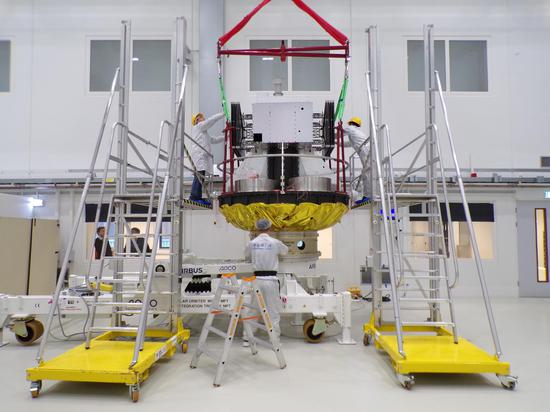
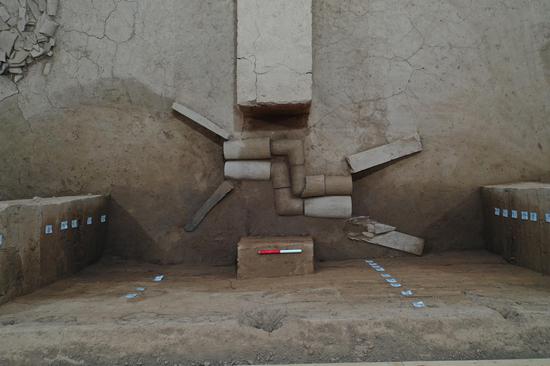

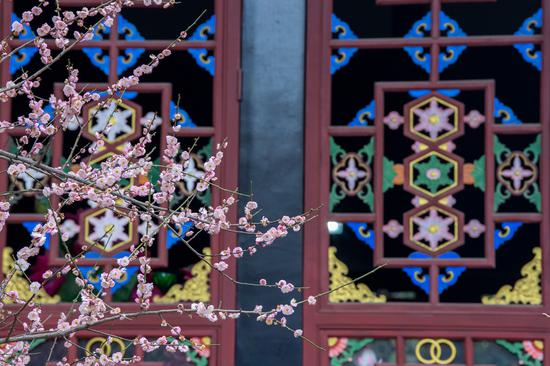


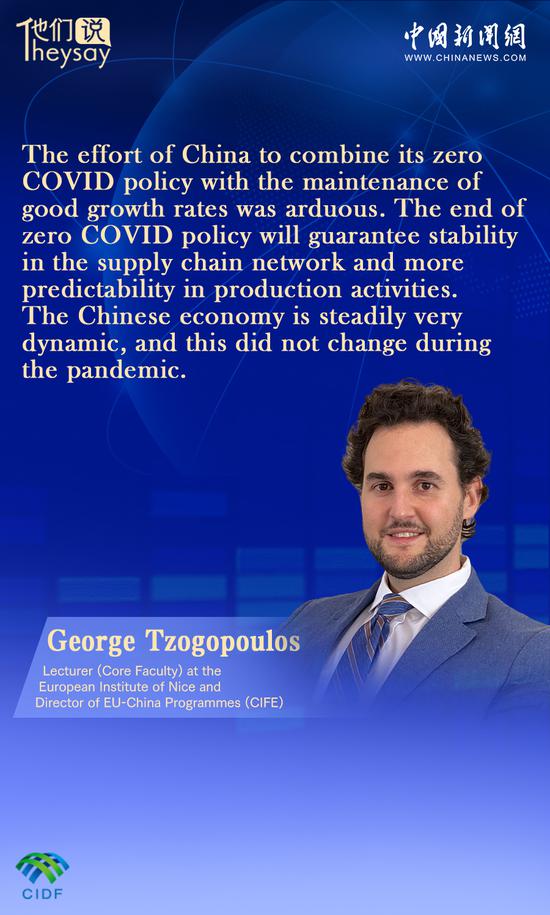
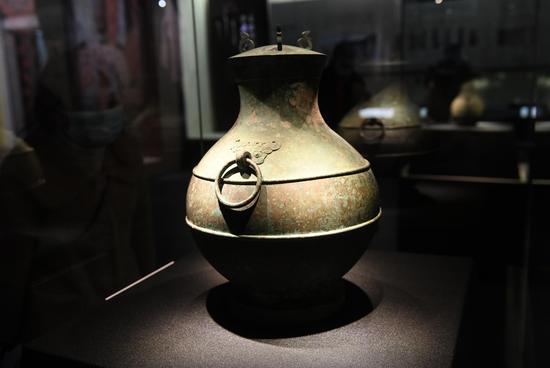

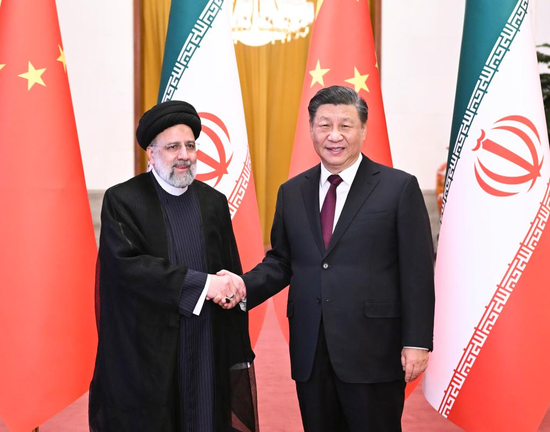



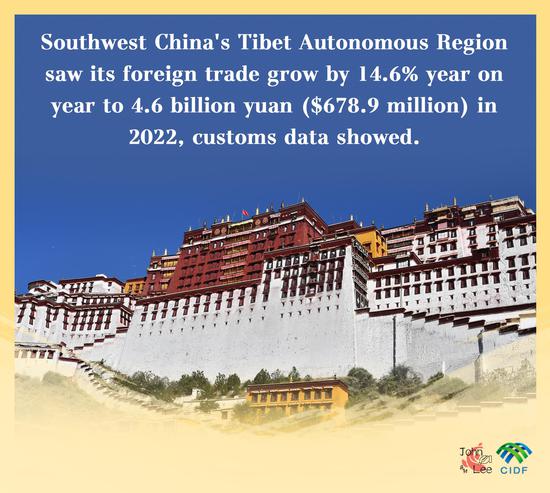
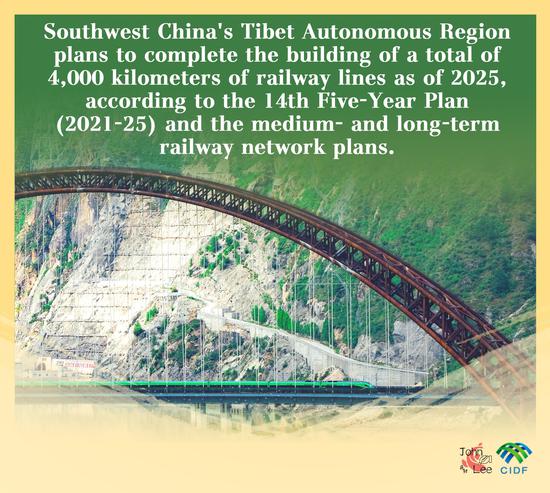
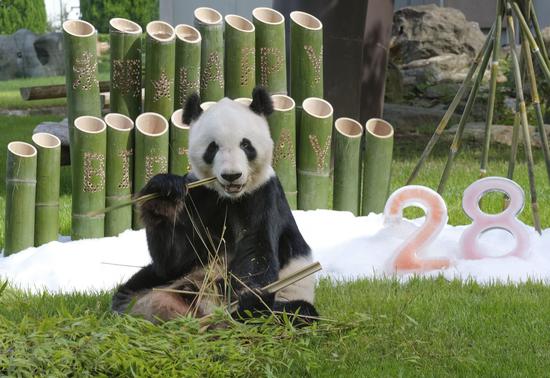
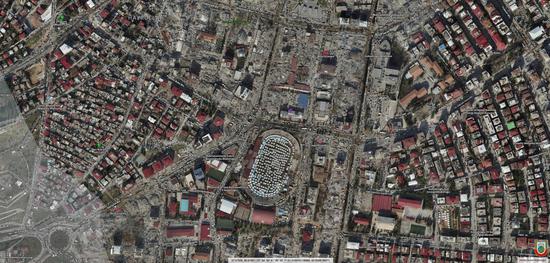
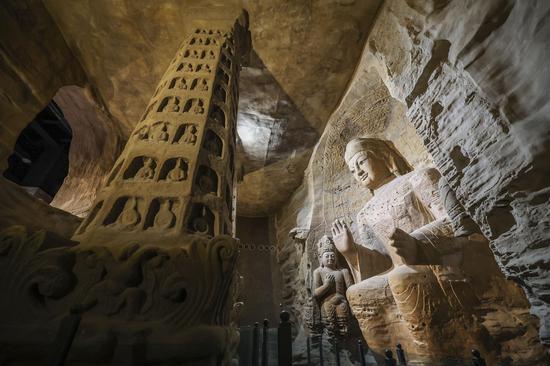






 京公网安备 11010202009201号
京公网安备 11010202009201号